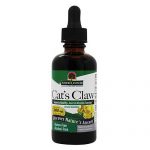


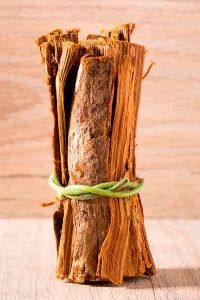
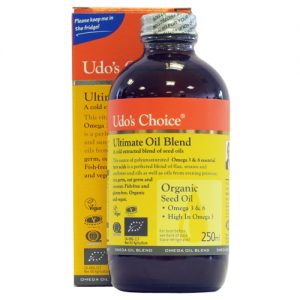

Cat’s Claw Bark 60ml Nature’s Answer
£20.99 Original price was: £20.99.£17.21Current price is: £17.21.
Cat’s Claw Bark
Nature’s Answer Cat’s Claw, scientifically known as Uncaria tomentosa or Uncaria guianensis, is a woody vine native to the Amazon rainforest and other tropical areas of Central and South America.
The inner bark of the Cat’s Claw vine has been used traditionally in herbal medicine for various health purposes. Here are some key points about Cat’s Claw bark:
1. **Traditional Use:**
– Cat’s Claw has a long history of use in traditional Amazonian medicine by indigenous peoples. It has been used to address a range of health concerns, including immune system support.
2. **Bioactive Compounds:**
– Cat’s Claw bark contains various bioactive compounds, including alkaloids, glycosides, triterpenes, and polyphenols. The most studied alkaloids in Cat’s Claw are oxindole alkaloids.
3. **Potential Health Benefits:**
– **Immune System Support**: Cat’s Claw is often promoted for its potential immune-modulating effects. It may help support the immune system’s ability to respond to infections and other challenges.
– **Anti-Inflammatory Effects**: Some studies suggest that Cat’s Claw may have anti-inflammatory properties, which could be beneficial for conditions involving inflammation.
– **Antioxidant Activity**: The polyphenols in Cat’s Claw contribute to its antioxidant properties, helping to neutralize free radicals in the body.
4. **Arthritis and Joint Health:**
– Cat’s Claw has been studied for its potential benefits in arthritis and joint-related conditions. Some people use it to manage symptoms of osteoarthritis and rheumatoid arthritis.
5. **Digestive Health:**
– Traditional use includes the use of Cat’s Claw to support digestive health. It may have a soothing effect on the gastrointestinal tract.
6. **Antiviral and Antimicrobial Properties:**
– Some studies have explored the antiviral and antimicrobial properties of Cat’s Claw bark, suggesting it may have activity against certain viruses and bacteria.
7. **Forms of Consumption:**
– Cat’s Claw bark is available in various forms, including dried bark for teas, tinctures, capsules, and extracts.
8. **Caution and Considerations:**
– While Cat’s Claw bark is generally considered safe for many people when used in appropriate amounts, it’s important to be cautious if you have allergies or are taking medications. As with any supplement, it’s advisable to consult with a healthcare professional before incorporating Cat’s Claw into your routine.
9. **Quality and Sourcing:**
– Choosing products from reputable sources is important to ensure the quality and authenticity of Cat’s Claw supplements.
As with any herbal remedy, individual responses to Cat’s Claw may vary, and its effects can depend on factors such as dosage, duration of use, and individual health conditions.
If you are considering using Cat’s Claw for specific health concerns, it’s advisable to consult with a healthcare professional for personalized guidance.

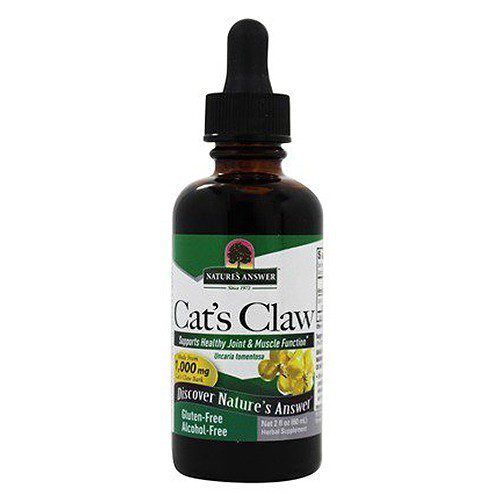
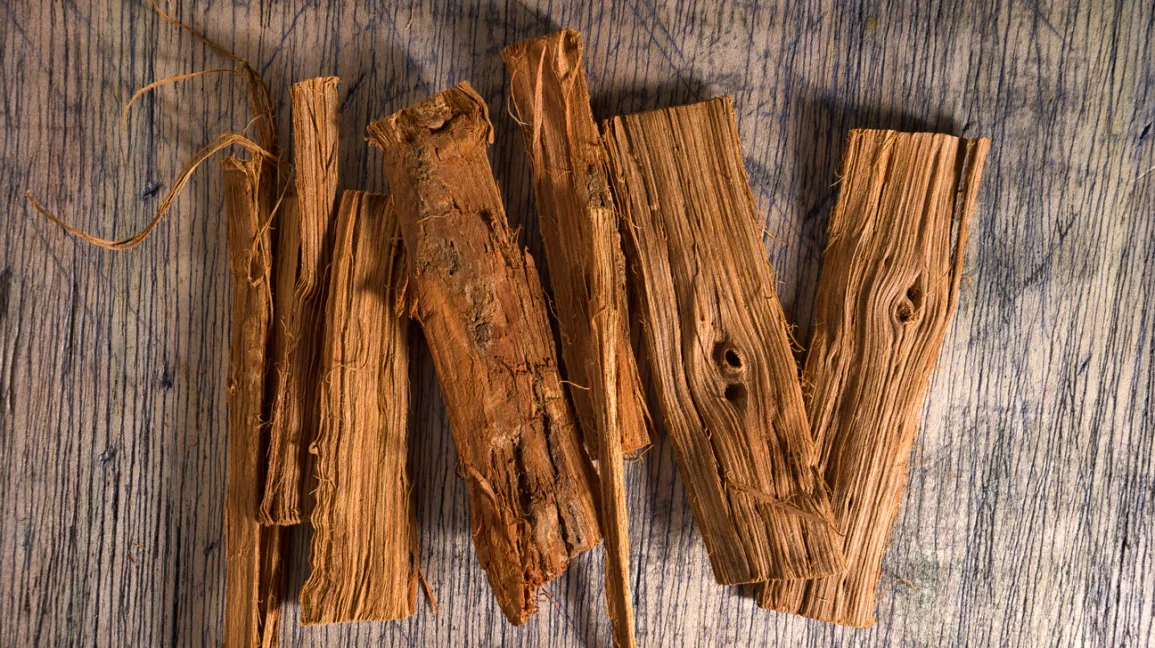
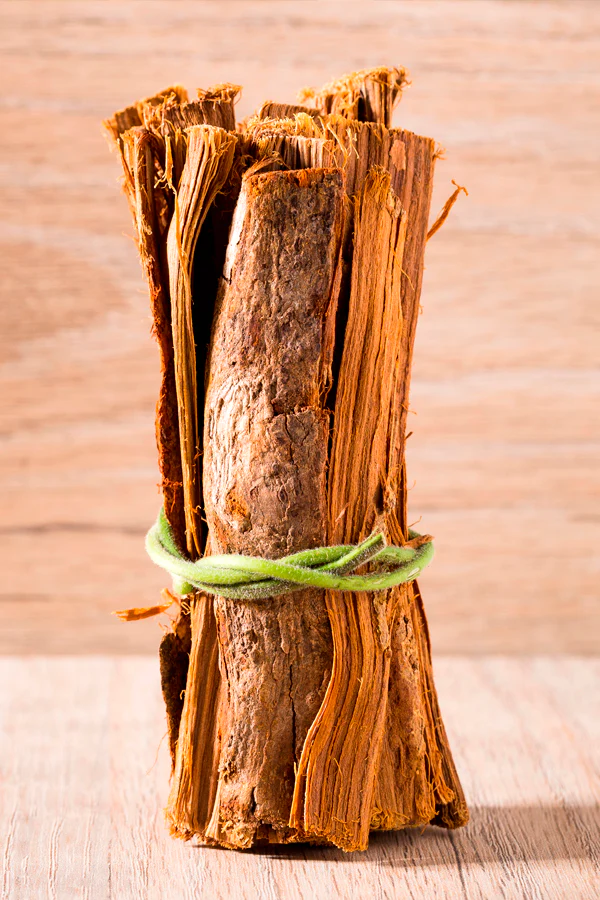
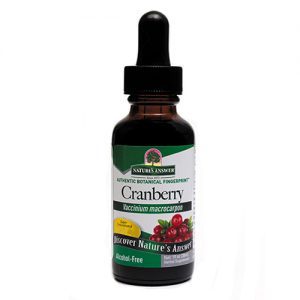
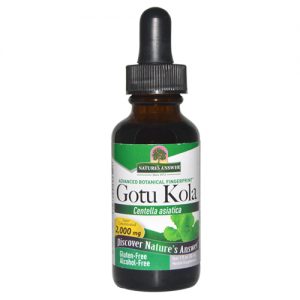
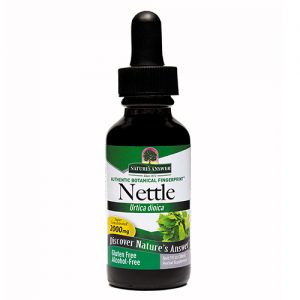

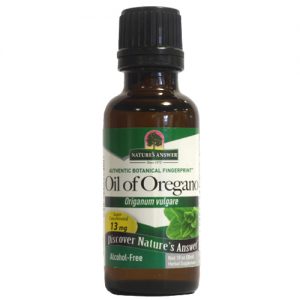
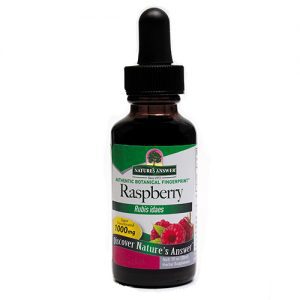

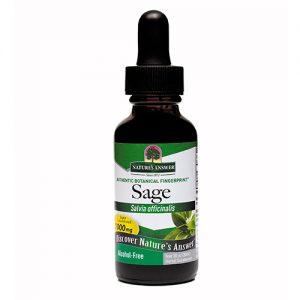

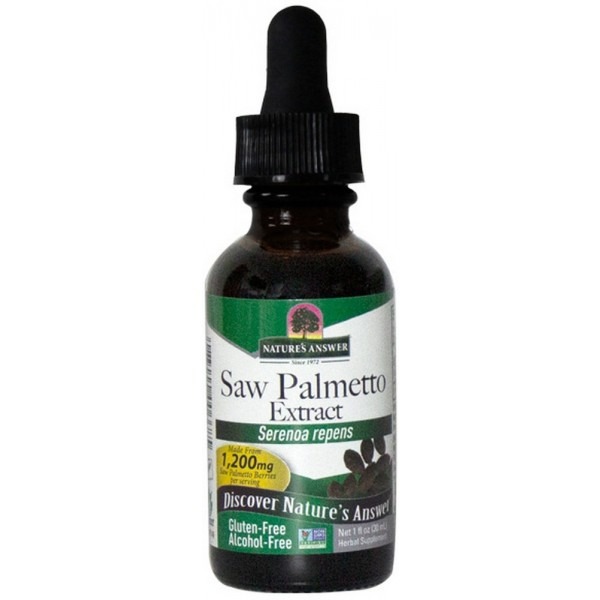
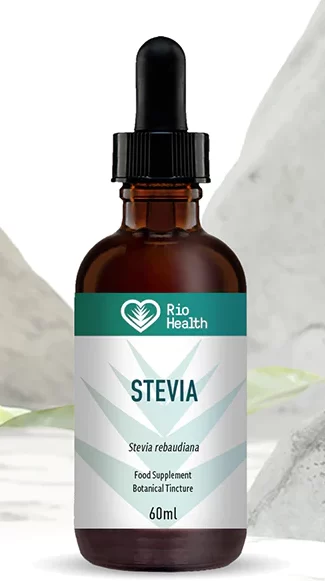
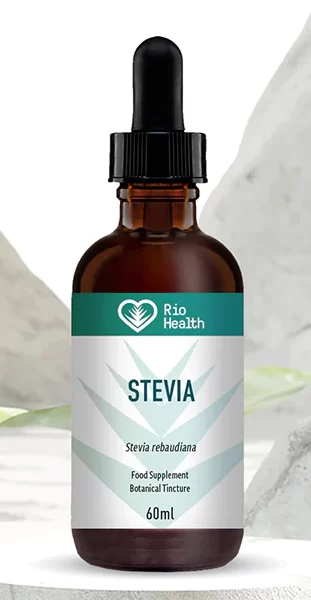




Reviews
There are no reviews yet.